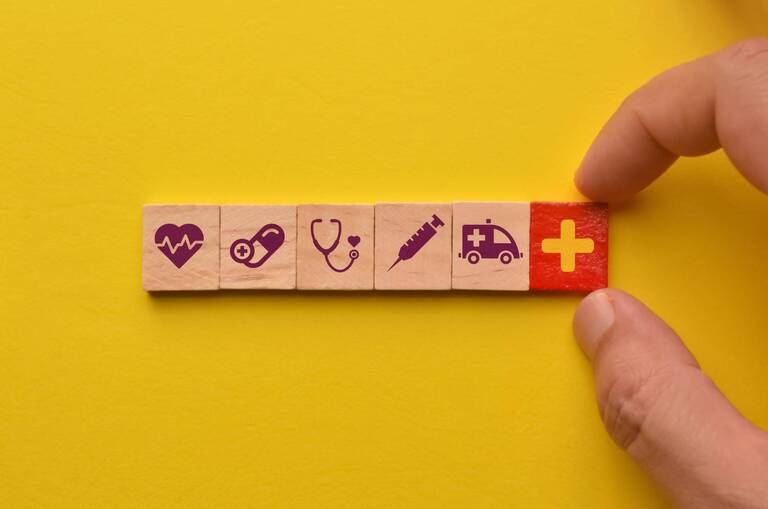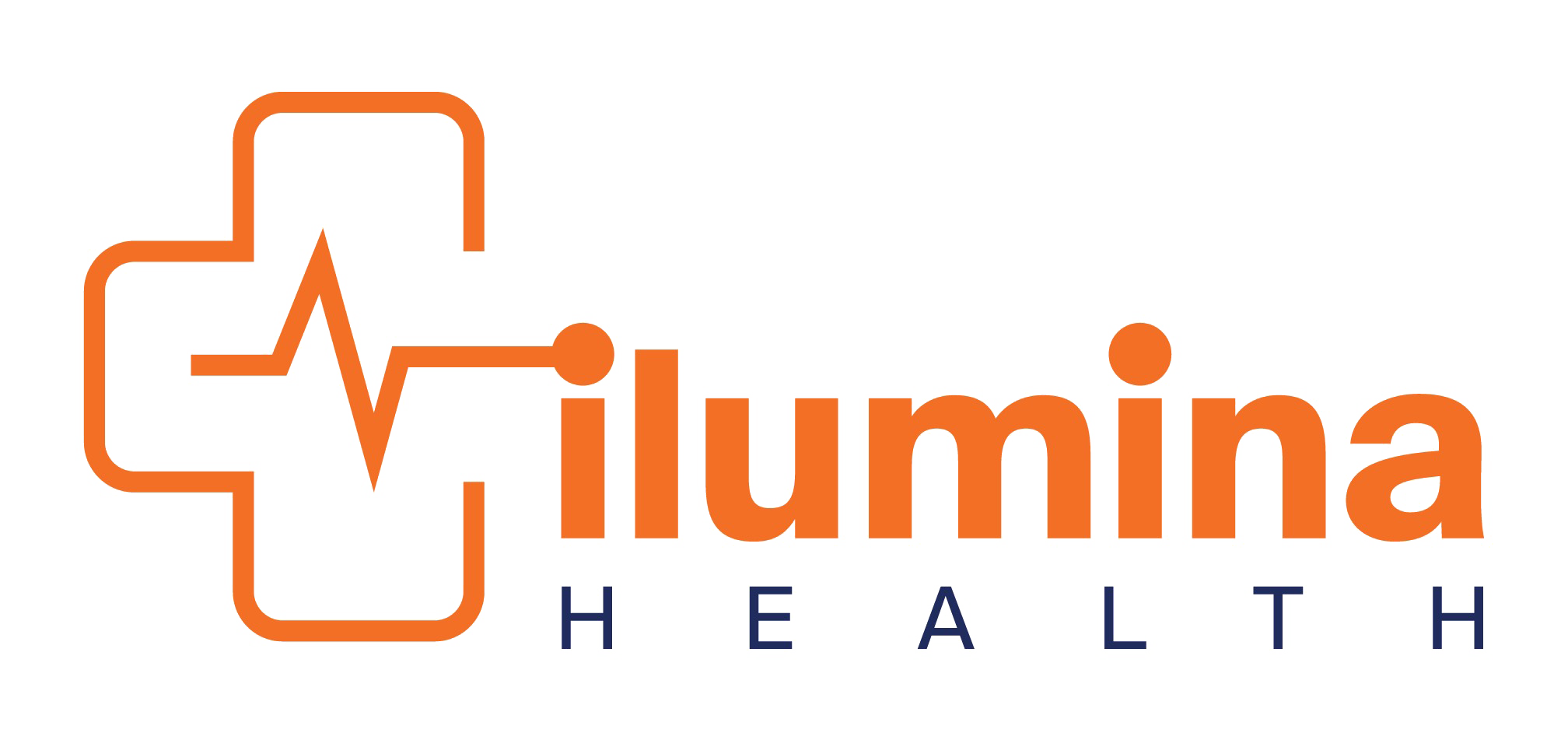“An OPD consultation is the first step towards a healthier you—where timely advice and early intervention lay the foundation for a better future.”
Over the years, as the population is growing, the need for medical facilities is also increasing. With the increase in medical needs, many health insurance companies have also become a major part of the industry, providing various types of health plans that mainly cover IPD, i.e., when you are admitted to the hospital, and with having insurance for IPD, we basically ignore OPD and avoid going to the doctor for basic health issues such as common cough and cold or stomach ache or headache and start taking home remedies that only provide temporary relief. As we ignore these small symptoms, the problem starts to get bigger and can affect various parts of our body, which can deteriorate our health, and at that time, the doctor advises us to get admitted to the hospital, which is much more expensive even after having insurance. Think of a situation where you have already taken OPD consultation for those small problems that we either ignore or either take any home remedy.
Now you all must be thinking, what is OPD?
OPD stands for Outpatient Department, which is a part of any hospital where patients receive medical care without needing to stay overnight. In the OPD, patients visit for consultations, where they pay a fee to see a doctor. The doctor then examines the patient, performs any required tests, and prescribes treatment based on the patient’s condition. OPDs offer a range of general medical services and are the initial point of contact for diagnosis and treatment. They play a crucial role in assessing and addressing health issues before any further treatment is required.
Importance of OPD in Healthcare Systems
The Outpatient Department (OPD) serves as the initial point of contact in any hospital, where patients first interact with healthcare providers. It plays a crucial role in connecting patients with the broader healthcare system and is essential for effective care. The OPD helps in preventing diseases and supports swift recovery by offering initial evaluations and treatments.
By managing minor surgeries and treatments, the OPD helps control the patient load in inpatient wards, ensuring that only those needing overnight care or specialized treatment are admitted. This helps in optimizing bed usage and reducing overcrowding. Typically, the OPD handles first-time visits and minor health issues, providing consultations, conducting tests, and issuing prescriptions to patients.
Features of OPD
The Outpatient Department (OPD) has several key features that greatly enhance the functioning of the healthcare system:
It serves as the initial contact point between patients and the healthcare system.
It plays a crucial role in health promotion and disease prevention.
It conducts screenings to diagnose illnesses and determine if hospitalization is necessary.
It provides easy access to medical practitioners for treatment.
It supports various services, including vaccinations, treatment for common illnesses, and minor surgeries.
Conclusion
Timely and effective treatment is essential for a patient’s speedy recovery, and the outpatient department (OPD) plays a critical role as the first step in any medical care. It assists in improving or resolving health conditions through initial evaluations and treatments. Additionally, the OPD offers various services such as diagnostic testing, lab work, and preventive advice. It also helps in controlling the spread of infectious diseases and provides essential services like vaccinations. However, the quality and range of facilities can vary between different OPDs. Therefore, it’s important to review the available services and facilities at an OPD before visiting.
References





